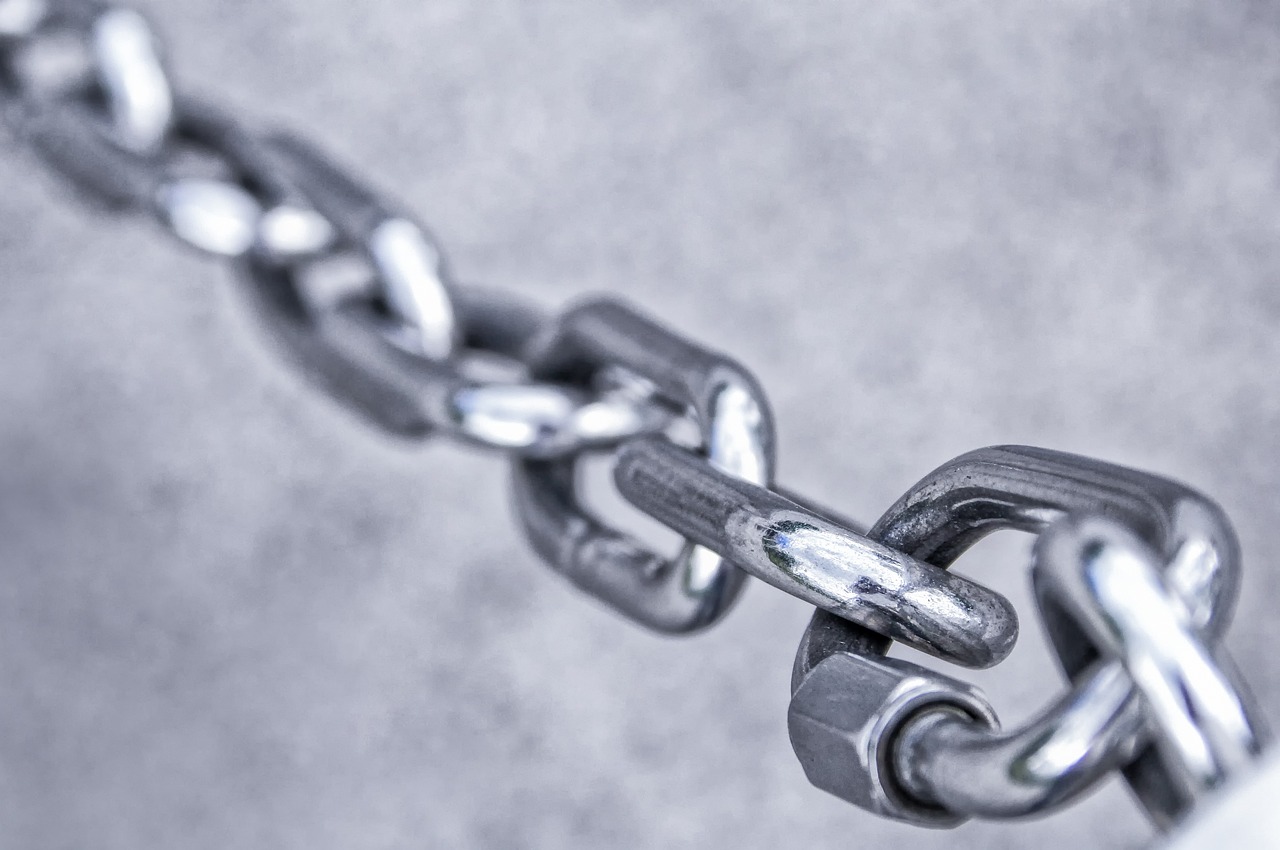Fake news out of control
Do you still remember the fever dream of the Pizzagate conspiracy surrounding the 2016 presidential elections in the United States? It resulted in numerous threats aimed at the staff of a regular pizza restaurant, but it didn’t end there. Edgar Maddison Welch, armed with an AR-15 semiautomatic rifle, a .38 handgun and a knife, strolled into the pizza joint and fired three shots in an attempt to free the victims of a sex trafficking ring. The problem? There were no sex trafficking ring victims to be freed from captivity, just regular restaurant staff going around their business. The rumour that motivated Welch was obviously fake, but the consequences for the business were dreadfully real.
Consequences beyond security
And what about last year? Elon Musk acquired Twitter on October 27, 2022, for $44 billion. The promptly implemented ‘Twitter Blue’ subscription that would grant the account a verification checkmark, cost only 8 bucks but resulted in pure chaos. ‘Eli Lilly’ tweeted that insulin is now free… and then the actual Eli Lilly corrected the statement, causing the company stock to plummet. The company recovered, but other consequences of disinformation are here to stay.
Threat of disinformation
In today’s world, fake news has become a significant threat to global security. Misinformation, propaganda, and disinformation are circulated at an unprecedented scale through social media, blogs, and other online platforms. These false narratives can have real-world consequences, from influencing public opinion and shaping political outcomes to sparking violence and unrest. The impact of fake news on security is particularly alarming. As false information spreads, it can create fear, confusion, and distrust, undermining the ability to make informed decisions. This can lead to a range of security threats, from cyberattacks and data breaches to physical harm and social unrest. The two examples highlight how disinformation and its rapid spread through the internet can affect safety levels in a very real way.
What about the Raid on Area 51, also known as Storm Area 51, They Can’t Stop All of Us? It started as a joke and a Facebook Event, and quickly gained popularity as an internet meme. Some people have been arrested for trespassing, and huge numbers of people unexpectedly gathered in the surrounding area, posing a myriad of potential risks to the US Air Force facility. The Internet can also facilitate extremization, as explained in the report released by CREST in 2020, while some of the online communities can even directly influence stock values (do you all remember GameStop?). The recent pandemic has also served as a great example of how disinformation can rapidly spread over the internet and affect the real world.
It is safe to say that the threat of disinformation is on the rise. Each day, plausible conspiracies, shitposts or fake news can have very real consequences. Are you ready?


